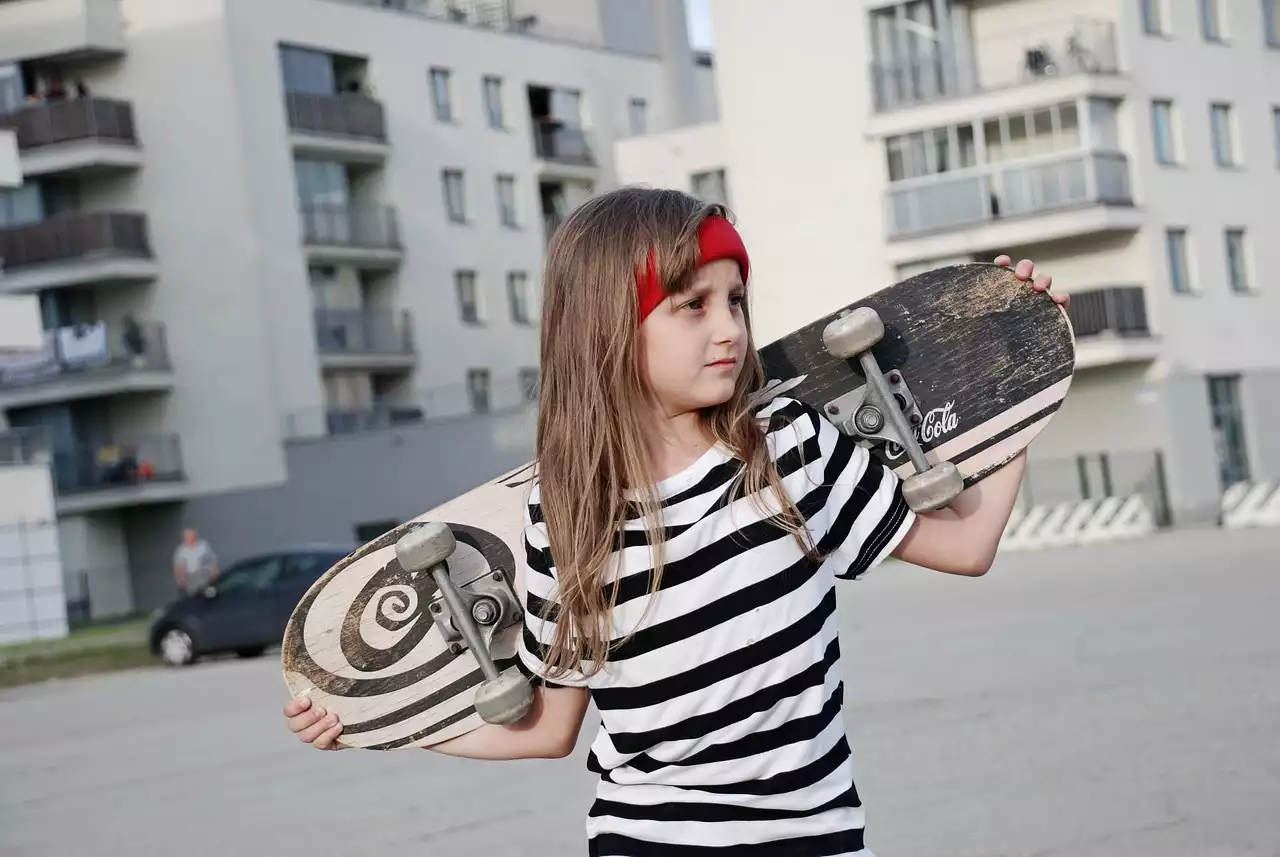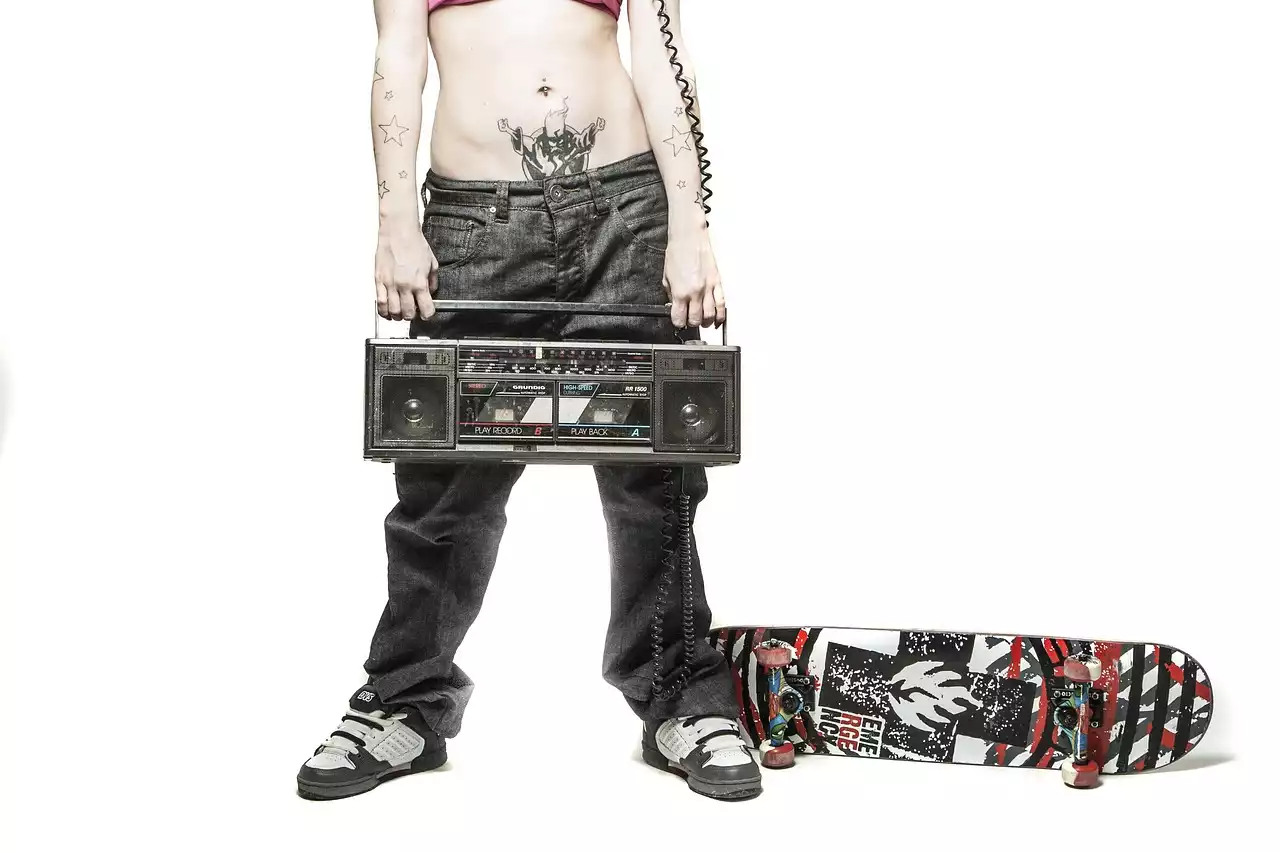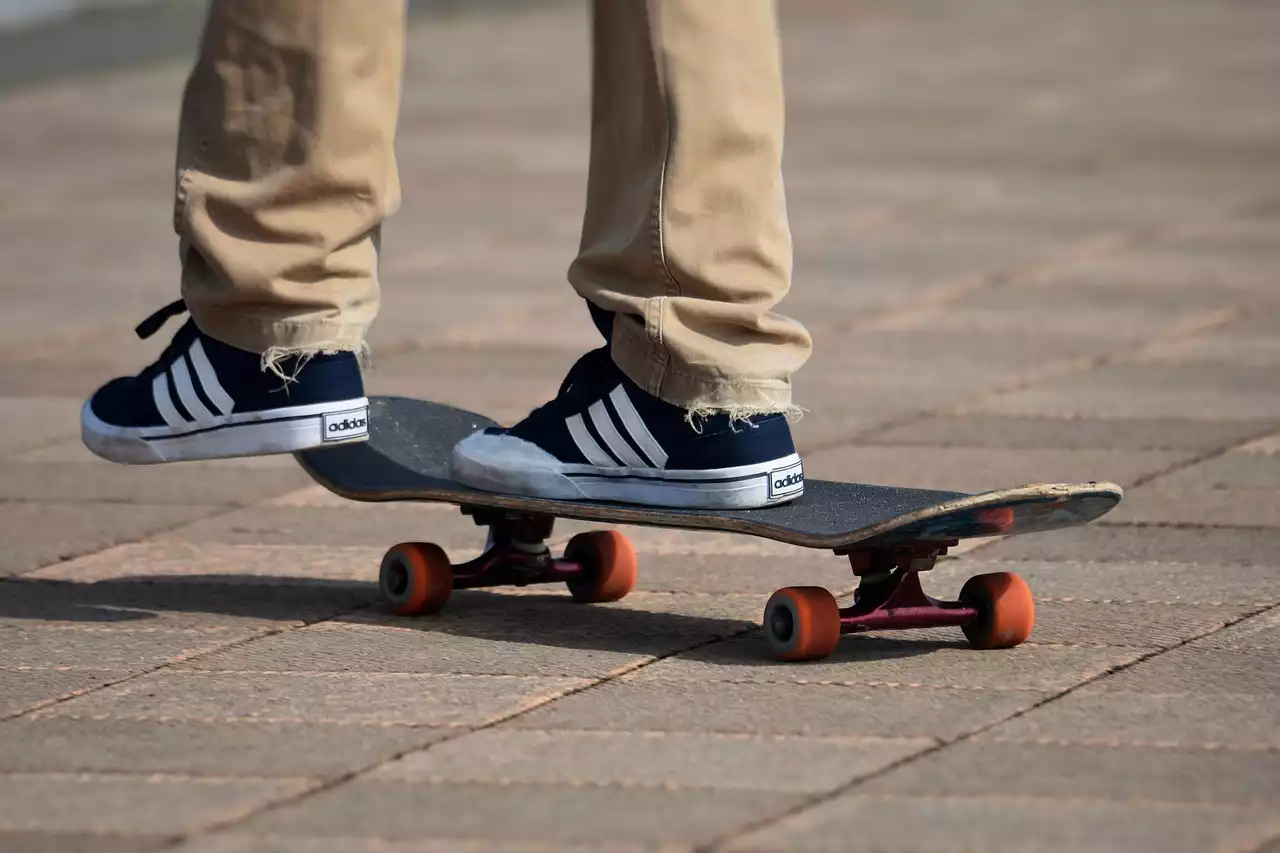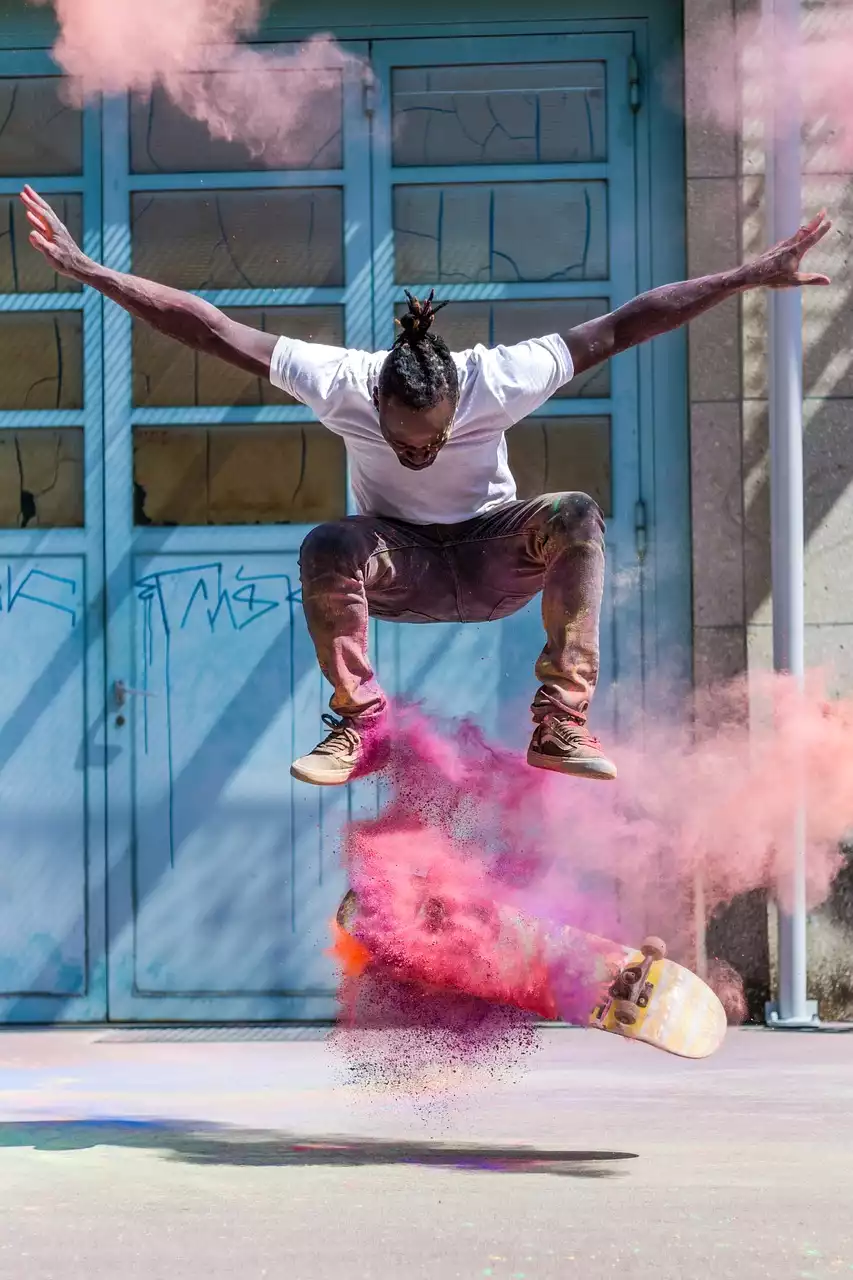The history of skateboarding
To understand the rise of skateboarding as a mainstream phenomenon, we must first examine its history. The origins of skateboarding can be traced back to the 1940s and 1950s, when surfers in California began to experiment with attaching wheels to their boards to create a new type of sport. These early skateboarders rode on homemade boards made from planks of wood and roller-skate wheels, and they quickly gained a following among the surfing community.
In the 1960s, skateboarding's popularity began to spread beyond the surfing community, and the first commercial skateboards were produced. These early boards were made from a single piece of wood with metal wheels and lacked the maneuverability and control of modern skateboards. However, they were a hit with young people, and skateboarding began to develop its own unique culture and style.
The 1970s saw the rise of skateboarding as a competitive sport, with the first professional skateboarders and skateboarding competitions. Skateboarding also began to take on a more rebellious and anti-establishment tone, with many skateboarders rejecting mainstream society and embracing a countercultural lifestyle. This attitude would come to define skateboarding culture for decades to come.
The evolution of skateboarding culture
Skateboarding culture continued to evolve throughout the 1980s and 1990s, with the sport's popularity waxing and waning over the years. Skateboarding fashion and style also evolved during this time, with new tricks and techniques being developed and popularized by influential skateboarders.
In the early 2000s, skateboarding culture underwent a significant shift, as skateboarding began to be embraced by mainstream society. Skateboarding fashion and style became more mainstream, with skate-inspired clothing and footwear becoming popular among non-skaters. Skateboarding also began to be featured in mainstream media, with skateboarding videos and documentaries gaining wider audiences.
This shift in skateboarding culture was driven in part by the growing recognition of skateboarding as a legitimate sport, with professional skateboarding competitions and events gaining more attention and support. Skateboarding also began to be recognized as a form of art, with skate-inspired artwork and graphics becoming popular in galleries and museums.
Skateboarding's rise to mainstream popularity
The rise of skateboarding as a mainstream phenomenon can be attributed to several factors. One of the most significant is the sport's unique aesthetic, which combines athleticism, style, and creativity. Skateboarding's combination of speed, agility, and acrobatic maneuvers makes it a thrilling sport to watch, while its emphasis on style and individual expression makes it a compelling form of self-expression.
Another factor contributing to skateboarding's rise to mainstream popularity is the growing appreciation for the athleticism and skill required to excel at the sport. Skateboarding is a physically demanding sport that requires balance, coordination, and strength, and top skateboarders are elite athletes who are capable of performing feats that seem impossible to the average person.
Finally, the rise of social media and digital marketing has played a significant role in promoting skateboarding to a wider audience. Influential skateboarders and brands have used social media platforms like Instagram and YouTube to share their skills, stories, and products with millions of fans around the world. This has helped to legitimize skateboarding as a mainstream sport and has contributed to its growing popularity among young people.
Skateboarding in the Olympics
One of the most significant milestones in skateboarding's rise to mainstream prominence was its inclusion as an Olympic sport. In 2016, the International Olympic Committee announced that skateboarding would be added to the list of sports in the 2020 Summer Olympics in Tokyo.
This decision was met with mixed reactions from the skateboarding community, with some skateboarders and fans expressing concern that the sport's inclusion in the Olympics would dilute its rebellious spirit and cultural significance. Others welcomed the move as a sign of the sport's growing legitimacy and recognition as a legitimate athletic pursuit.
Regardless of the controversy surrounding its inclusion, skateboarding's debut at the Olympics was a resounding success. The competition featured some of the world's top skateboarders, and the event was watched by millions of people around the world. Skateboarding's inclusion in the Olympics has helped to elevate the sport's profile and has given it a new level of mainstream recognition and respect.
Benefits of skateboarding as a sport
Skateboarding is not only a thrilling and exciting sport, but it also offers a range of physical and mental benefits. Skateboarding is a great workout that can help to improve balance, coordination, and cardiovascular health. It also requires focus and concentration, which can help to improve mental agility and reduce stress.
Skateboarding can also be a social activity, with many skate parks and communities offering opportunities for skateboarders to connect with other like-minded individuals. This sense of community and belonging can be especially valuable for young people, who may feel isolated or disconnected from mainstream society.
Skateboarding equipment and gear
Skateboarding requires a few essential pieces of equipment, including a skateboard, shoes, and protective gear. Skateboards come in a variety of shapes and sizes, and choosing the right board depends on the rider's skill level and riding style. Skateboard shoes should be durable and provide good grip, while protective gear like helmets and pads can help to prevent injuries.
Skateboarding equipment and gear can be expensive, but there are many affordable options available for beginners or those on a budget. It's important to invest in quality equipment and gear to ensure safety and maximize performance.
Skateboarding influencers and their impact on the sport
Skateboarding influencers, including professional skateboarders, brand ambassadors, and social media personalities, have played a significant role in promoting skateboarding to a wider audience. These influencers have leveraged their skills, style, and personality to build large followings on social media platforms and to promote brands and products.
Skateboarding influencers have helped to legitimize skateboarding as a mainstream sport and have contributed to its growing popularity among young people. They have also helped to shape skateboarding culture and style, influencing fashion, music, and art.
Notable skateboarding events and competitions
Skateboarding has a long history of competitions and events, from local skate jams to international competitions. Some of the most notable skateboarding events and competitions include the X Games, the Vans Park Series, and the Street League Skateboarding World Tour.
These events attract top skateboarders from around the world and offer opportunities for riders to showcase their skills and compete for prizes and recognition. These events also help to promote skateboarding to a wider audience and to elevate the sport's profile.
The future of skateboarding as a sport
The future of skateboarding as a sport looks bright, with the sport's popularity continuing to grow and evolve. Skateboarding will likely continue to be recognized as a legitimate athletic pursuit, with more professional competitions and events being held around the world.
Skateboarding will also continue to be a form of self-expression and creativity, with skateboarders pushing the boundaries of what is possible on a board and creating new styles and techniques. Skateboarding will remain a symbol of rebellion and counterculture, even as it gains wider mainstream acceptance.








.png?size=50)
